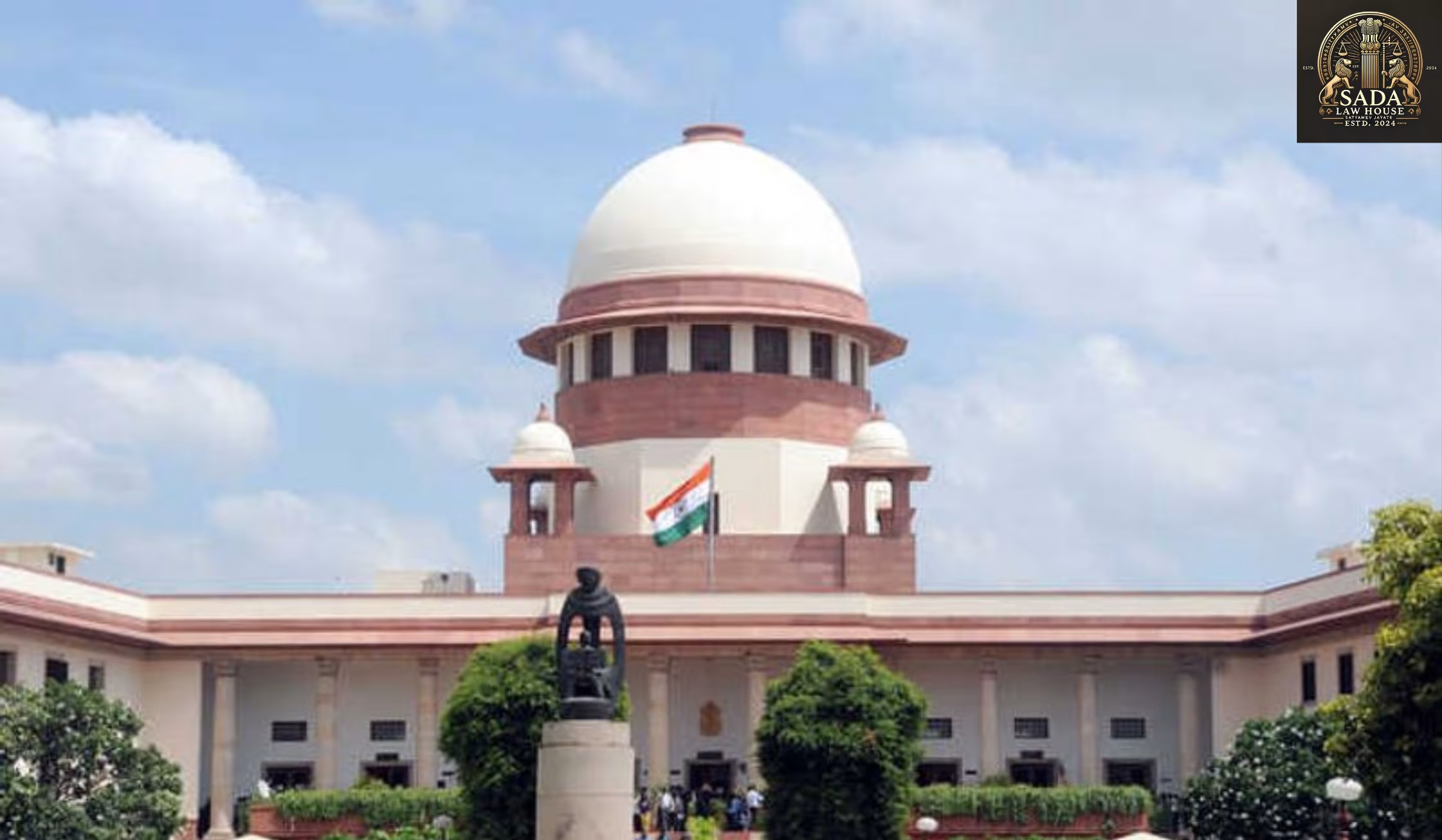Supreme Court of India Upholds Amicable Separation as Valid Outcome of Mediation in Matrimonial Cases
- KASHISH JAHAN
- 27 June 2025

Discover how the Supreme Court of India has redefined the purpose of mediation in matrimonial disputes, affirming that amicable separation is a valid and dignified outcome. A landmark ruling that reshapes family law and promotes mental well-being.
Supreme Court of India Affirms Amicable Separation as a Valid Outcome of Mediation
In a landmark decision that may transform how family law disputes are resolved in India, the Supreme Court of India has declared that mediation in matrimonial matters is not solely meant for reconciliation—it can also lead to an amicable separation if circumstances demand it.
Shifting Focus: Mediation is About Resolution, Not Just Reunion
While presiding over a case involving marital discord, Justice K.V. Viswanathan emphasized the importance of emotional and mental well-being in marriage. He stated that compelling unwilling spouses to reunite through mediation could be detrimental. Instead, he noted that the core aim of mediation is to facilitate a peaceful and constructive resolution—be it reconciliation or lawful separation.
Justice N.K. Singh Supports Structured Dispute Resolution
Supporting this perspective, Justice N.K. Singh added that matrimonial conflicts, like commercial disputes, deserve structured dispute resolution mechanisms. He emphasized that the outcome of such processes should align with the best interests of the individuals involved, not with traditional or societal expectations.
Impact on Family Law and Alternative Dispute Resolution in India
This progressive ruling carries major implications for Alternative Dispute Resolution (ADR) in personal law cases. It is particularly relevant in matters involving domestic violence, mutual incompatibility, and the irretrievable breakdown of marriage.
Empowering Individuals, Especially Women, to Choose Dignity
By legitimizing amicable separation as an acceptable outcome of mediation, the judgment empowers individuals—especially women—to make choices that prioritize their dignity, mental health, and emotional freedom. It removes the stigma around separation and paves the way for a more compassionate and realistic interpretation of matrimonial law in India.






